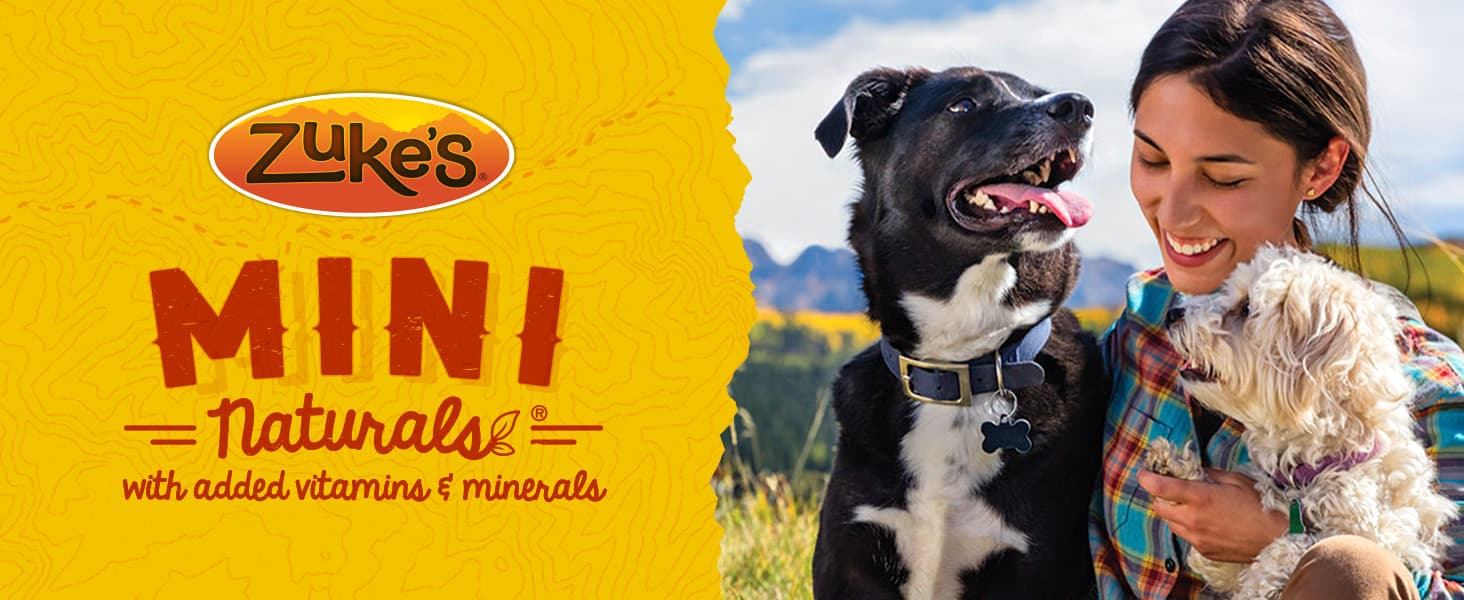Solo travel offers unparalleled freedom and self-discovery opportunities, but it also requires careful planning and safety awareness. Whether you are embarking on your first solo adventure or you are a seasoned independent traveler, these safety strategies will help ensure your journeys are both memorable and secure.
Pre-Trip Planning and Research
Destination Research
Thorough destination research is your first line of defense against potential problems.
Safety Assessments
- Government travel advisories: Check official warnings and recommendations
- Local crime statistics: Understand common risks and problem areas
- Political climate: Be aware of potential unrest or tensions
- Health considerations: Required vaccinations and endemic diseases
Cultural Understanding
- Local customs: Respect traditions and social norms
- Dress codes: Particularly important in conservative countries
- Religious considerations: Understand local practices and sensitivities
- Communication styles: Direct vs. indirect cultural preferences
Documentation and Backup Plans
Essential Documents
- Passport: Check expiration dates and visa requirements
- Travel insurance: Comprehensive coverage including medical evacuation
- Emergency contacts: Local embassy information and family contacts
- Medical information: Prescriptions and emergency medical details
Digital Backups
- Cloud storage: Scan important documents to secure online storage
- Email copies: Send yourself copies of key documents
- Physical copies: Keep separate from originals
- Emergency cash: Hidden in multiple locations
Accommodation Safety
Choosing Safe Lodging
Research Strategies
- Reviews and ratings: Multiple sources for accommodation feedback
- Location assessment: Proximity to safe transportation and amenities
- Security features: Locks, safes, lighting, and staff presence
- Emergency procedures: Fire exits and evacuation plans
Red Flags to Avoid
- Isolation: Properties far from populated areas
- Poor lighting: Dark entrances and corridors
- Inadequate security: No locks or security measures
- Sketchy online presence: Limited information or poor reviews
Hotel and Hostel Safety
Check-in Procedures
- Room inspection: Check locks, windows, and emergency exits
- Valuables security: Use hotel safes or secure storage
- Staff interaction: Establish rapport with front desk personnel
- Floor selection: Avoid ground floor and top floor rooms when possible
Daily Safety Habits
- Do not disturb: Use signs when in room
- Key card protection: Keep cards secure and report lost cards immediately
- Noise awareness: Be conscious of conversations about travel plans
- Emergency planning: Know evacuation routes and emergency procedures
Transportation Safety
Public Transportation
Research and Planning
- Route familiarization: Study maps and schedules in advance
- Peak hours: Understand crowded times for better safety
- Payment methods: Know accepted forms of payment
- Cultural norms: Understand local etiquette and behavior
Safety Practices
- Situational awareness: Stay alert to surroundings
- Valuable protection: Keep belongings secure and inconspicuous
- Exit strategies: Always know how to leave quickly
- Trust instincts: If something feels wrong, remove yourself
Taxi and Ride-sharing
Service Selection
- Official taxis: Use licensed and regulated services
- App-based services: Uber, Lyft, and local equivalents
- Hotel arrangements: Ask accommodations to arrange transportation
- Airport services: Use official airport transportation
Safety Protocols
- Driver verification: Check license and vehicle information
- Route awareness: Follow GPS and know general direction
- Communication: Share trip details with someone you trust
- Payment security: Use secure payment methods when possible
Personal Safety Strategies
Situational Awareness
Environmental Scanning
- Crowd dynamics: Notice unusual behavior or tensions
- Exit identification: Always know how to leave any situation
- Lighting assessment: Avoid dark or isolated areas
- Local interactions: Observe how locals behave and dress
Behavioral Adaptations
- Confidence projection: Walk purposefully and appear aware
- Cultural blending: Dress and behave to fit in locally
- Technology discretion: Avoid displaying expensive devices
- Routine variation: Change patterns to avoid predictability
Communication Safety
Digital Security
- Public Wi-Fi: Use VPNs and avoid sensitive transactions
- Social media: Limit real-time location sharing
- Device security: Use passwords and remote wipe capabilities
- Communication apps: Use encrypted messaging when possible
Emergency Communication
- Local emergency numbers: Know police, fire, and medical numbers
- Embassy contacts: Have diplomatic mission information readily available
- Check-in schedules: Regular contact with family or friends
- Emergency phrases: Learn basic help requests in local language
Health and Medical Safety
Pre-Travel Health Preparation
Medical Consultations
- Travel medicine: Consult specialists for destination-specific advice
- Vaccinations: Ensure routine and travel-specific immunizations
- Prescription management: Adequate supplies and backup prescriptions
- Medical documentation: Carry medical history and emergency information
Health Insurance
- Coverage verification: Understand what is covered internationally
- Emergency evacuation: Ensure coverage for medical transport
- Pre-existing conditions: Understand limitations and requirements
- Claims process: Know how to access care and submit claims
Staying Healthy While Traveling
Food and Water Safety
- Water sources: Stick to bottled or properly treated water
- Food preparation: Choose well-cooked foods from reputable sources
- Street food: Exercise caution and observe preparation methods
- Alcohol consumption: Moderate intake and be aware of local customs
General Health Practices
- Hand hygiene: Regular washing and sanitizer use
- Sleep management: Maintain adequate rest for immune function
- Exercise: Stay active to maintain physical and mental health
- Stress management: Practice relaxation techniques and self-care
Money and Financial Security
Financial Planning
Budgeting and Access
- Multiple payment methods: Cards, cash, and backup options
- Bank notifications: Inform financial institutions of travel plans
- ATM strategies: Use bank-affiliated machines when possible
- Emergency funds: Accessible money for unexpected situations
Theft Prevention
- Money distribution: Spread cash and cards across multiple locations
- Decoy wallet: Carry small bills and expired cards as distraction
- Hidden storage: Use money belts or hidden pockets
- Digital payments: Use secure apps when available
Scam Awareness
Common Travel Scams
- Fake police: Always ask for proper identification
- Distraction theft: Teams working together to steal belongings
- Overcharging: Know fair prices for common services
- Friendship scams: Be cautious of overly friendly strangers
Protection Strategies
- Research common scams: Know destination-specific risks
- Trust instincts: If something seems too good to be true, it probably is
- Firm boundaries: Practice saying no confidently
- Local advice: Ask trusted locals about current scam trends
Emergency Preparedness
Emergency Contacts and Information
Contact Lists
- Local emergency services: Police, fire, medical, and tourist police
- Embassy information: Address, phone, and emergency contact details
- Family contacts: Multiple ways to reach important people
- Local contacts: Hotel, tour operators, and local friends
Document Preparation
- Emergency card: Wallet-sized card with crucial information
- Medical information: Allergies, medications, and emergency conditions
- Insurance details: Policy numbers and claim procedures
- Backup plans: Alternative arrangements for various scenarios
Crisis Management
Natural Disasters
- Local risks: Understand common natural disasters for your destination
- Emergency procedures: Know evacuation routes and shelter locations
- Communication plans: How to contact help and family
- Survival supplies: Basic emergency kit for your accommodation
Personal Emergencies
- Medical emergencies: Know how to access local healthcare
- Legal issues: Understand local laws and embassy assistance
- Loss of documents: Procedures for replacing passports and important papers
- Financial emergencies: Access to emergency funds and assistance
Technology and Digital Safety
Device Security
Physical Protection
- Device discretion: Avoid displaying expensive electronics
- Backup storage: Keep chargers and cables secure
- Insurance coverage: Ensure devices are covered for theft or damage
- Local adaptations: Power adapters and charging solutions
Digital Security
- Password protection: Use strong, unique passwords for all accounts
- Two-factor authentication: Enable additional security layers
- Regular backups: Cloud storage for photos and important data
- Software updates: Keep operating systems and apps current
Online Safety
Public Wi-Fi
- VPN usage: Encrypt internet connections on public networks
- Secure sites: Only use HTTPS websites for sensitive information
- Download caution: Avoid downloading files on public networks
- Automatic connections: Disable auto-join for Wi-Fi networks
Social Media Safety
- Real-time sharing: Avoid posting current location information
- Privacy settings: Review and update social media privacy controls
- Photo metadata: Be aware of location data in photo sharing
- Friend requests: Be cautious about accepting unknown contacts
Solo Female Travel Considerations
Additional Safety Measures
Accommodation Choices
- Female-friendly: Choose accommodations known for solo female travelers
- Ground floor avoidance: Higher floors often provide better security
- Staff interaction: Establish rapport with female staff when possible
- Room sharing: Consider female-only dorms in hostels
Transportation Safety
- Seating choices: Sit near other women or families when possible
- Driver gender: In some cultures, female drivers may be safer options
- Time considerations: Avoid traveling alone at night
- Local customs: Understand cultural norms around women traveling alone
Cultural Sensitivity
Dress and Behavior
- Conservative dressing: Err on the side of caution in unknown areas
- Local customs: Research appropriate behavior for women
- Religious sites: Understand specific requirements for female visitors
- Alcohol consumption: Be aware of cultural attitudes toward women drinking
Interaction Guidelines
- Professional demeanor: Maintain business-like interactions when appropriate
- Group activities: Join group tours or activities for social connection
- Trust building: Take time to assess people before trusting them
- Boundary setting: Be clear and firm about personal boundaries
Building Confidence and Intuition
Developing Street Smarts
Observation Skills
- People watching: Learn to read situations and people
- Pattern recognition: Notice what is normal for each environment
- Threat assessment: Identify potential risks before they escalate
- Cultural cues: Understand local body language and social signals
Decision Making
- Quick assessment: Practice rapid situation evaluation
- Exit strategies: Always have multiple options for leaving
- Trust instincts: Honor gut feelings about people and situations
- Flexibility: Be willing to change plans when necessary
Building Local Connections
Safe Networking
- Hostel communities: Connect with other travelers
- Local activities: Join classes, tours, or volunteer opportunities
- Online communities: Use travel apps and forums to meet people
- Professional connections: Leverage work or educational networks
Verification Strategies
- Multiple meetings: Meet in public places before trusting fully
- Reference checks: Verify people through mutual connections
- Group settings: Interact in groups before one-on-one meetings
- Gradual trust: Build relationships slowly and carefully
Conclusion
Solo travel safety is about preparation, awareness, and trusting your instincts while remaining open to new experiences. The goal is not to eliminate all risks—travel inherently involves some level of uncertainty—but to minimize dangers through smart planning and conscious decision-making.
Remember that solo travel is incredibly rewarding and generally safe when approached thoughtfully. Millions of people travel independently every year without serious incidents, and with proper preparation, you can join their ranks confidently.
Start with destinations that match your comfort level and experience, gradually building skills and confidence for more challenging adventures. Each successful solo trip builds your confidence and expands your capabilities for future travels.
The freedom and self-discovery that come from solo travel are worth the extra planning and precautions. Embrace the adventure while staying safe, and you will create memories and develop skills that last a lifetime.









